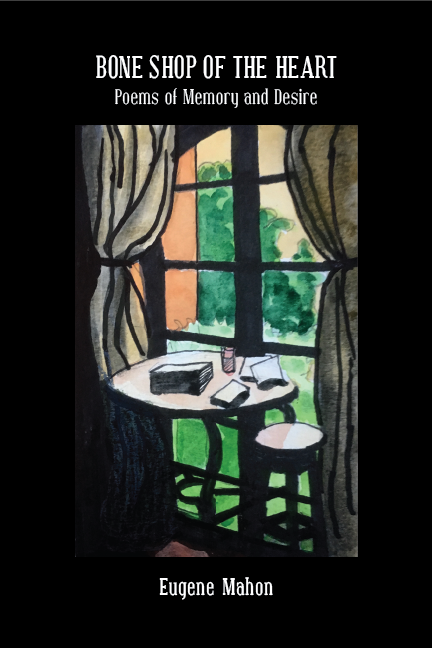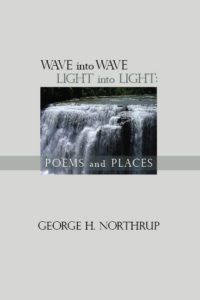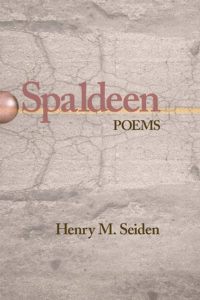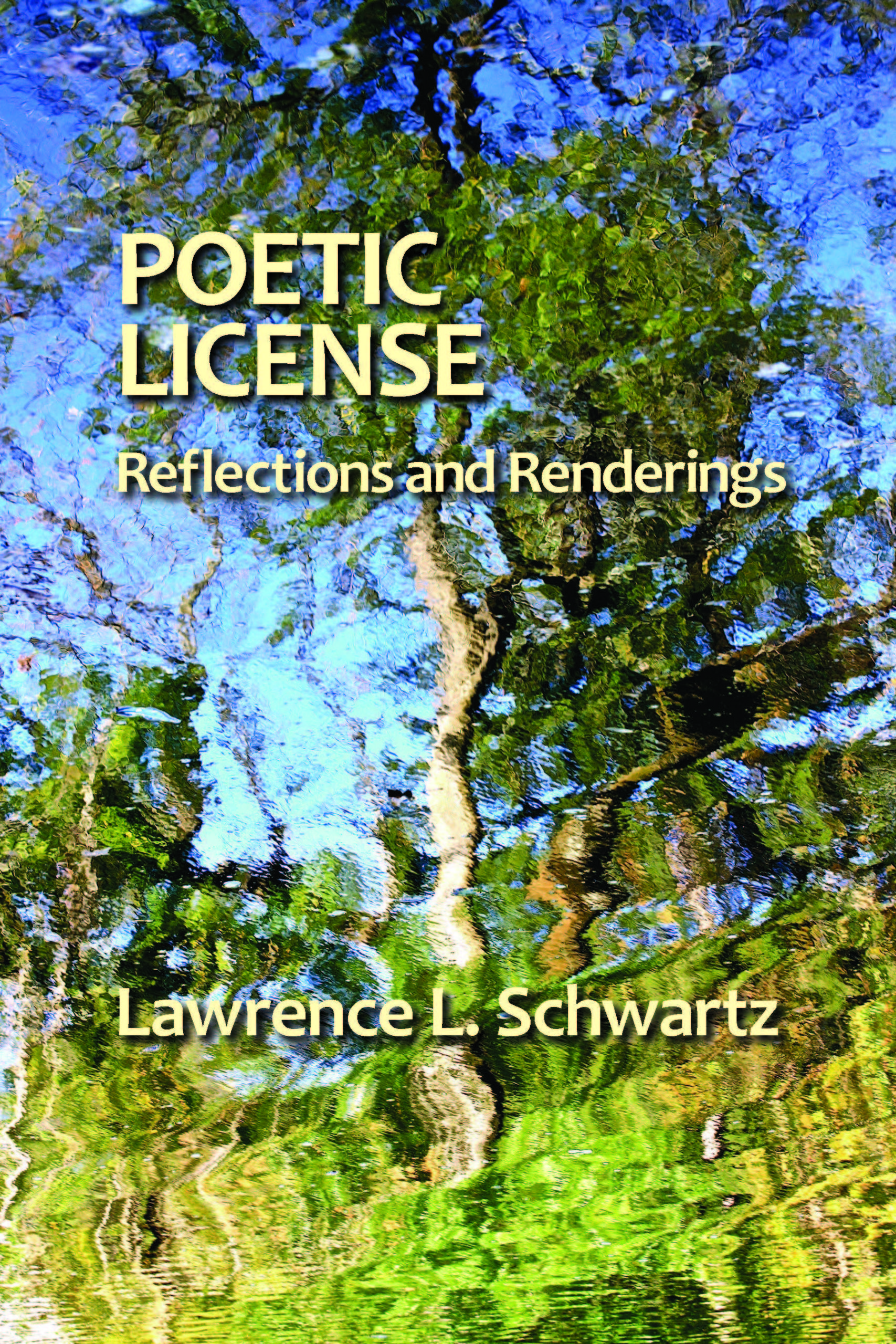Bone Shop of the Heart: Poems of Memory and Desire
$19.95
Click Here to View: Eugene Mahon Zoom Poetry Reading from his book of poetry Bone Shop of the Heart
One can easily argue that the best training for practicing psychoanalysis is not training in psychiatry or social work or clinical psychology, but rather training in the art of poetry.
For poetry is about bringing alive and making sense out of an often senseless and inanimate world, about infusing a reason for living into a world that is forever collapsing into violence, meaninglessness and despair.
A good-enough poet puts together out of snippets of rag and bone a larger, holistic picture of the human condition, and while this picture may not necessarily be cheery or uplifting, it gives the listener a different perspective, a moment of renewed faith in the human animal and, sometimes, a desire to understand and to go on living.
Some of the ways poetry does this are very similar to what we do in psychoanalysis. Poetry attempts to take disordered fragments of experience and allow them to order themselves into some meaningful whole, much as psychoanalysts do with memories or unformulated experience. Poetry often calls up chaos, and by allowing chaos to exist it witnesses the process of its embodiment into meaningful structures, much as we hold psychotic experiences until they can structure themselves. Good-enough poetry does this unselfconsciously, much as the good-enough analyst also works not from a theory or manual but from the heart.
Eugene Mahon is both a psychiatrist and a poet, so he is as well trained to be a psychoanalyst as one can hope for in this disorderly world. And because he is not only a poet but also a writer of sonnets, he is totally engaged in the process of transmuting concrete, beta and unformulated experience into one of the most complexly evolved and highly symbolic forms we know. His success at these transformations seems at times magical, comparable to what we know in analysis as moments of insight or of transformative experience.
Mahon is a doctor who has thought long and hard about his relationship with his patients, with the therapeutic process and with the world into which we have all been thrown. Like Gogol, Mahon
leads us naked through the night
The dark the only overcoat in sight.
But he never abandons us there, for he knows that
My weeping face was hers
Her bleeding face was mine.
This recognition and acceptance of darkness and suffering gives special weight to love as it emerges in these poems, not as a coat of pigment on the human condition but as the product of an ongoing struggle, painful and joyous, to arrive at a moment of grace.
Mahon writes about Isaac Rosenberg’s experience in the trenches during the Great War:
In no mans’ land rat’s flesh and human’s blended:
What touched you was the love a rat extended.
But he also writes:
We are more than flesh and blood in motion:
We are scattered stars, we are the ocean.
And:
Love is my shiver at the touch of you,
My ruin at the loss of you,
My rise from ashes
On return of you.
Love is your light
In dark of me,
Your fire in cave of me,
Your star in night of me,
Your dream in dawn of me.
Life and death, love and hate, childhood, loss and dreaming are the bones of this poetry. It is with immense pleasure that I have read these poems, been rocked and tossed in their rhythms and learned to see better from them. I commend them to anyone who wants to nourish the wondering child living within.
Sheldon Bach
In stock




